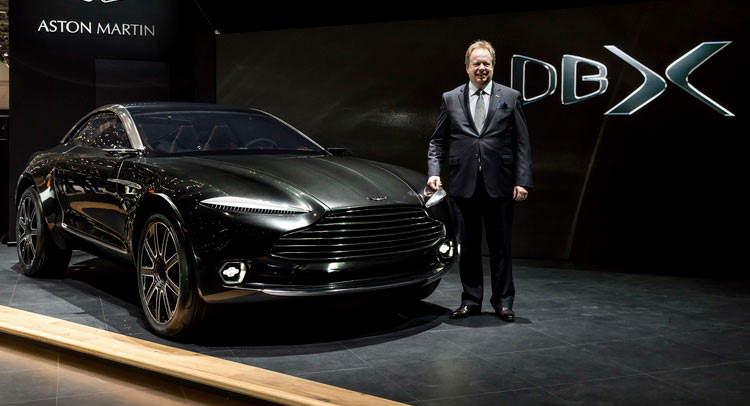Luxury carmakers with exclusive, highly priced products don’t, as a rule of thumb, have to worry much about profits, do they?
Most of them belong to large automotive groups and this makes life much easier for them so yes, they really don’t. Aston Martin, though, one of the last independents, is deep in the red.
In 2014, it posted a loss of £71.8 million (US$110.9). That’s nearly triple than the £25.4 million (US$39.2) of 2013 and, to make this worse, marked the fourth consecutive year with losses.
CEO Andy Palmer told Reuters that sales fell from 4,200 units in 2013 to 3,661 in 2014, with reduced demand in China being the biggest issue. A counterfeit plastic also forced it to recall most of the models built between late 2007 and early 2014.
In spite of raising £200 million (US$309) last year from the Kuwaiti and Italian private equity firms that are its major shareholders, the losses along with the 10 percent drop in revenue may result in Aston Martin axing nearly 15 percent of its total workforce.
Even so, Palmer, who took over last year, does not expect the brand to return into profitability until at least 2017. That’s due to the ambitious expansion plan that calls for a new factory in which the brand’s first crossover will be built and probably a seven-model range that will help it reach 15,000 sales annually by 2020.
To sum it up: there might be light at the end of the tunnel but in the meantime things are not looking so bright. Especially for the laid off workers…









